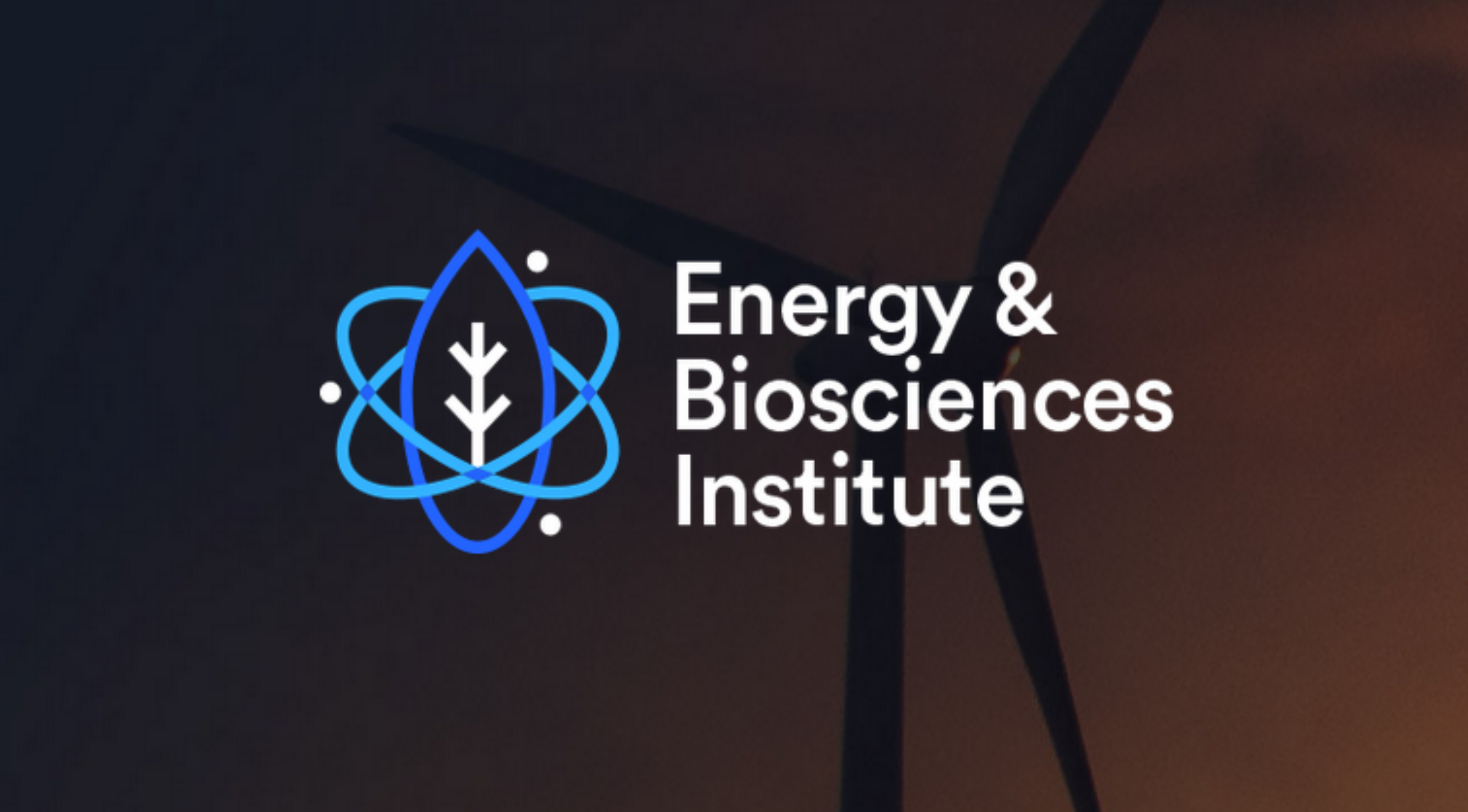
The last two centuries have seen an eight-fold increase in global population, more than doubling average life expectancy, and an overall increase in human welfare. However, this progress has not been without its challenges. We now face large pockets of food security and significant poverty, and our progress has relied on increased knowledge while heavily utilizing fossil fuels and depleting biodiversity. Our existence is sustainable if we rely on renewable resources and protect biodiversity and the environment. Developing a path towards this transition is the biggest challenge for research and policy.
There are several components to a more sustainable global system – one is conservation and increased precision of resource use, transition to renewable fuels like solar and wind, and the third is the development of a modern bioeconomy where renewable natural resources will be utilized to produce energy, chemicals, and other products that rely on fossil fuels. UC Berkeley research has aimed to contribute to the establishment of the bioeconomy. Berkeley scientists have pioneered transgenic technologies and gene editing. The EBI has a significant program to develop second-generation biofuels and sponsored research in many aspects of the bioeconomy. Building the modern bioeconomy must go beyond enhancing the productivity of land-based agriculture; it also requires taking advantage of the vast potential of aquatic organisms and the large capacity of the oceans and other bodies of water. This motivation led us to apply for a grant to establish an International Bioeconomy Macroalgae Center (IBMC).
I’ve been working on the economics of algae – and realized that despite limited knowledge, macroalgae (seaweed) has been extensively utilized as a food product, especially in Asia, and has been harnessed as feedstock producing sugars, protein, and sequester carbon. However, while humanity invested immensely in developing knowledge and accumulating experience that led to the rise of terrestrial agriculture, we have much less understanding of seaweeds and their use. This relative ignorance is an opportunity, and with modern tools of science, global collaboration, and significant investment, we can catch up and develop a foundation for a prosperous macroalgae bioeconomy.
The center’s design is about more than just developing fundamental knowledge about algae or methods to utilize it for multiple products. It’s about a holistic approach from the lab to the consumer and from the biological to the social sciences. This is where your expertise comes in. As biologists, engineers, information scientists, economists, policy analysts, and other social scientists, your contributions are vital in shaping the future of the macroalgae bioeconomy. We will also emphasize an outreach program to work with policymakers, entrepreneurs, and potential macroalgae farmers to assist in building new industries.
The scientific challenges are exciting, and we will build the capacity to meet them. First, we have gaps in our knowledge of the “algae tree of life.” We don’t know many species, where they are, nor do we know their genetics and properties. In Berkeley, we have an excellent herbarium and scientists who research macroalgae, but naturally, we emphasize the Pacific. Collaborating with scientists from Japan, Korea, Norway, Israel, the UK, Canada, and French Polynesia will give us much better coverage.
Furthermore, our collaborators have skills and knowledge that complement and enhance ours. The center aims to build a team that will expand and last. Collaboration and exchange among the members will develop a critical mass of contributions that will “change the world.”
The study of basic biology is only the start. We need to identify what products and services we can obtain from different types of macroalgae and then how to grow them. You can grow macroalgae in the ocean and ponds. Production in oceans may be cheaper but is subject to more random shocks. Production in ponds, “sleeves,” or tanks requires significant investment in infrastructure. Still, it is more controlled and may have higher productivity, which can lead to the production of high-value crops. Our earlier research suggests that the production “farming” of algae is a major constraint for the economic production of protein or sugar from macroalgae. Still, investment in research and learning-by-doing by practitioners may make it affordable. However, production practices and products vary by location; thus, developing macroalgae production globally requires integrated informational efforts.
Research about productivity will allow us to understand where and how macroalgae can be grown for different purposes. We need to know the “production function of macroalgae” and how different inputs (nitrogen, temperature, oxygen) affect output in various conditions, and then we need to develop harvesting technology. Moreover, in some cases, macroalgae can be used for waste management, using residue water from farming with a high concentration of fertilizers. Artificial intelligence and new developments in monitoring technologies may allow measurement and estimation so we can develop virtual twins, which are models of crops that can be used to optimize treatment. A key element of research about production is the development of harvesting technologies that are affordable, energy-efficient, and easy to utilize. The macroalgae are feedstock that needs to be processed, and designing processing facilities is another research challenge. The challenge of effective processing is obtaining multiple products from the feedstock at low costs. Discoveries of new uses of macroalgae products or changes in their chemical properties by breeding practices require redesigning processing practices. So, these practices need to be adaptable and flexible. Research on the production system also has to assess its side effects and ensure it is safe for people in the environment.
Technological research in biology, production, and processing has to be accompanied by research on demand for different final products that can be used as inputs in designing supply chains. The supply chain research can compare new macroalgae industries’ structures at various locations, considering transportation issues, availability of human capital, and finance. This research will also identify the skills needed for the industry and some of the challenges of training and building the expertise required for developing the macroalgae sector in different locations. The research will be integrated with education outreach programs with the (coastal) communities in California or elsewhere with the desire and capacity to build a macroalgae sector. We intend to have annual meetings and exchanges with our partners, and the effort will lead to hiring new faculty positions and developing classes in macroalgae. Many scholars and students in Berkeley and elsewhere who work in related fields will be attracted to research macroalgae research once resources are available. We believe that success will build on itself, and we can expand our program.
Our research and outreach agenda is ambitious. Our initial budget is modest, but we are building a center with multiple collaborators and a commitment to reinventing an important sector that can address major global problems.

